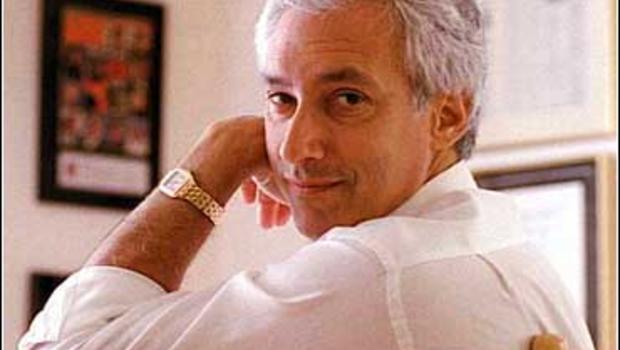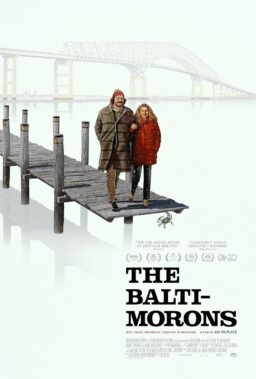On the Mt. Rushmore of TV creators next to faces like Norman Lear and David Chase, there should be a spot reserved for Steven Bochco, the man who changed the medium of television drama in the way he emphasized ensemble over star vehicles and multi-episode arcs over standalone stories. Shows like “Hill Street Blues,” “L.A. Law,” and “NYPD Blue” earned Bochco a stunning 10 Emmy awards, along with prizes from the Directors and Writers Guilds of America and four Peabody Awards. In 1996, he was inducted into the Television Hall of Fame. He should probably have his own wing.
After graduating from Carnegie Mellon University with a Theater degree, Bochco started his career at Universal Pictures, learning the craft of television writing on shows like “Ironside” and “Columbo.” He’s also credited with co-writing the 1972 sci-fi classic “Silent Running.” After a few other hits and misses, Bochco changed the TV landscape with “Hill Street Blues,” which ran from 1981 to 1987 and still serves as a template for a lot of ensemble television drama over three decades later. The use of handheld cameras, the subplots that would continue over multiple episodes, the realistic approach to violence—Alan Sepinwall wrote on Hitfix in 2014, “If you come to see it for the first time after a lifetime of watching the copies, it could be at risk of playing like a bundle of clichés—even though it invented those clichés.” It was nominated for 98 Emmy Awards over the course of its run, winning Outstanding Drama Series from 1981 to 1984. It’s also worth noting that “Hill Street Blues” was the lowest-rated show picked up after its first season. It took commitment from NBC to eventually become a massive hit, and one wonders if that kind of commitment to something that hasn’t caught on immediately exists any more.
If Bochco had only created what TV Guide named the #1 Greatest Drama of All Time in 2013 then he would have a notable legacy on the medium he loved, but he wasn’t done. After a couple misfires (including a show called “Bay City Blues”), Bochco struck gold again with “L.A. Law,” which ran on NBC from 1986 to 1994 and won 15 Emmys, including four for Outstanding Drama Series. “L.A. Law” again employed the ensemble template, and turned most of its cast into stars. It also explored themes and subject matter that television seemed largely afraid of in the late ‘80s and early ‘90s, often through the lens of how the law responded to issues like homophobia, mental illness, and capital punishment. It was a formative show in terms of how network drama could address serious issues.
The success of his two juggernauts allowed Bochco the creative freedom to make some crazy decisions, which led to shows like “Cop Rock” and “Capitol Critters,” but also gave us “Doogie Howser, M.D.,” a show still beloved by a certain generation of viewers.
Bochco’s greatest success for this TV critic came in 1993 when he teamed up with David Milch and convinced ABC that viewers at 10pm EST could handle truly adult subject matter on the show “NYPD Blue.” The program ran for 12 seasons, and won 20 Emmys on the back of 84 nominations. Dennis Franz, who gave one of the best performances in TV history, won Lead Actor four times. At its best—and it certainly went up and down over 12 years—“NYPD Blue” had the perfect balance of “cases of the week” along with developing its characters’ back stories across multiple episodes. We felt like we knew Andy Sipowicz, Arthur Fancy, Sylvia Costas, Greg Medavoy, and later Bobby Simone, who Jimmy Smits played so unforgivably. Actors would come and go, including David Caruso, Rick Schroder, and Mark-Paul Gosselaar, but they all made an impact. Even characters who would be mere plot devices on other modern ensemble shows felt three-dimensional. When “NYPD Blue” was great, it was the model for ensemble drama television, and it was built on the Bochco foundation from over the decade before.
There were other shows, including the underrated “Murder One,” but he basically retired in the late ‘00s. He reportedly received a stem cell transplant to treat leukemia in 2014, and that could be related to his death today at the age of 73. No cause was given. We send our condolences to his friends and family. TV wouldn’t have been the same without him.












